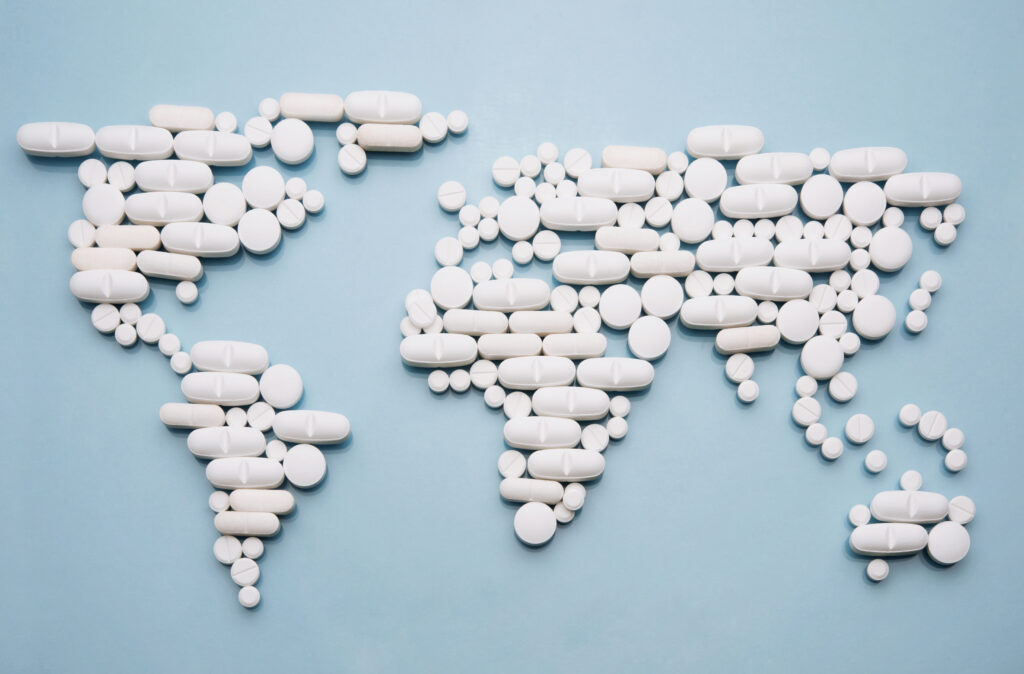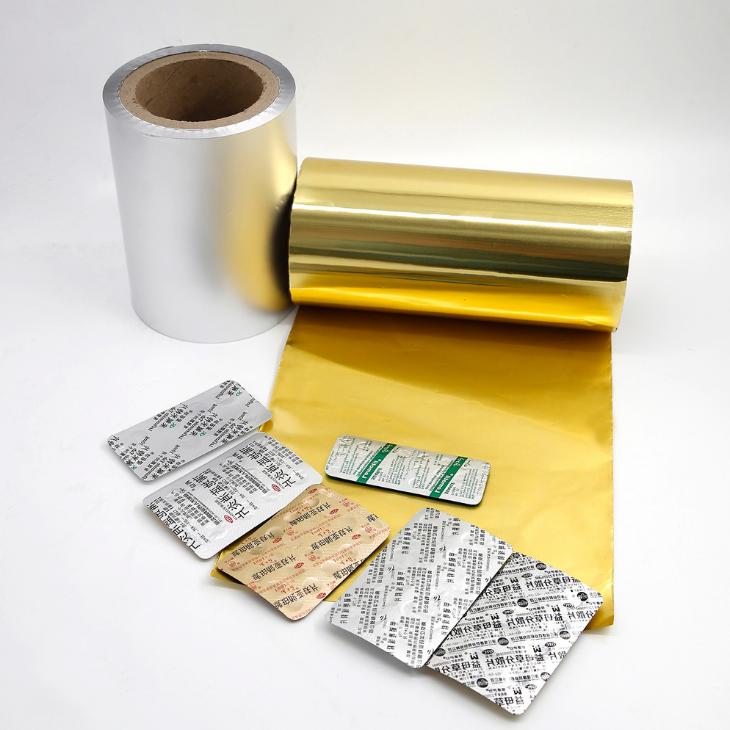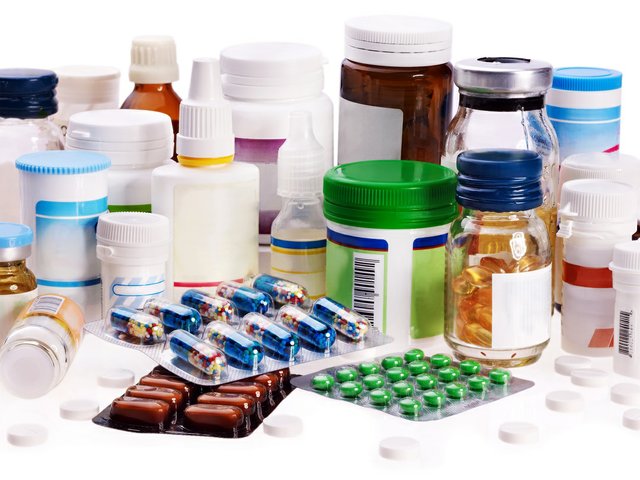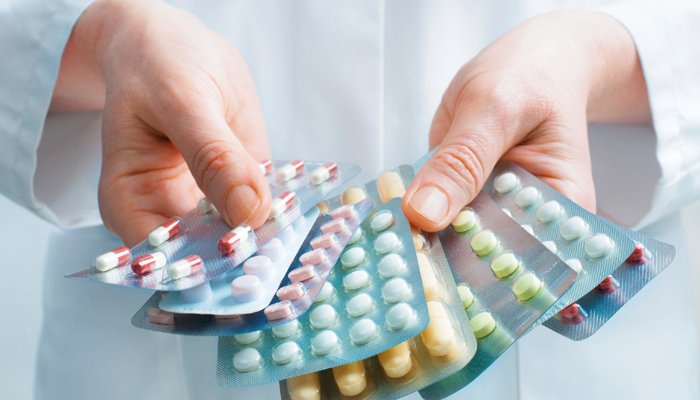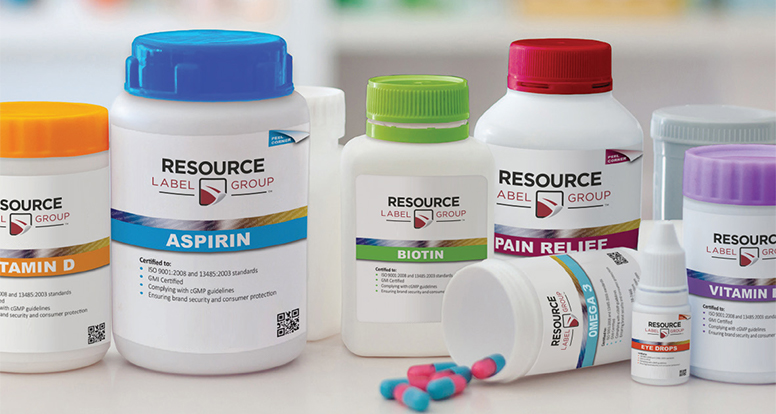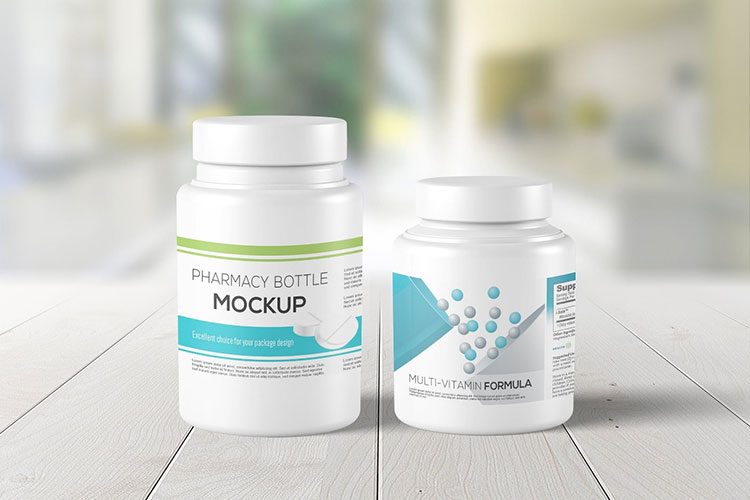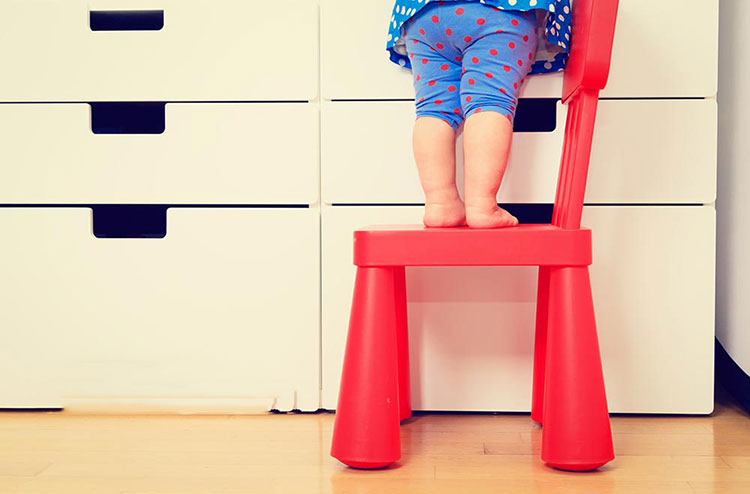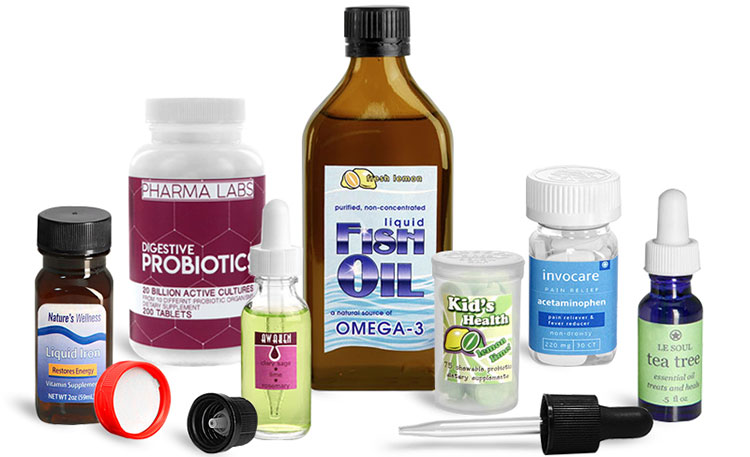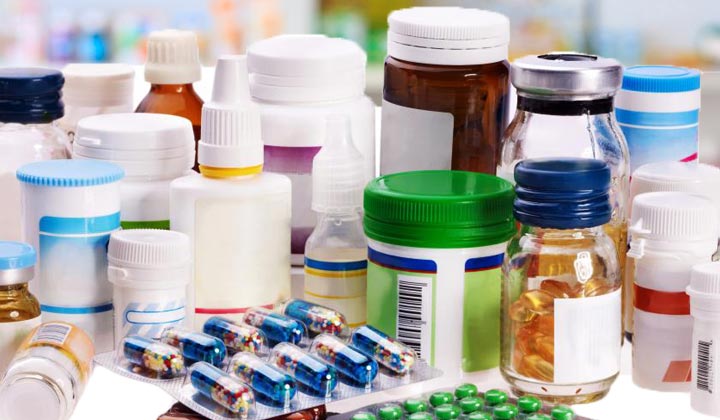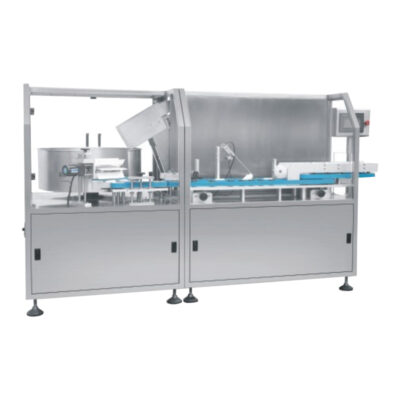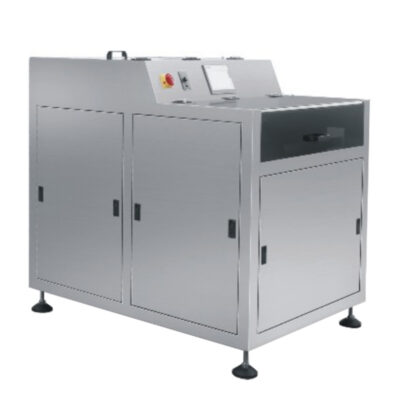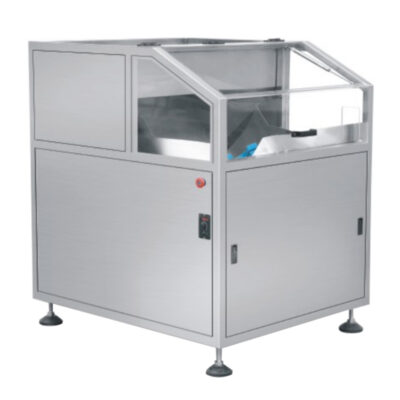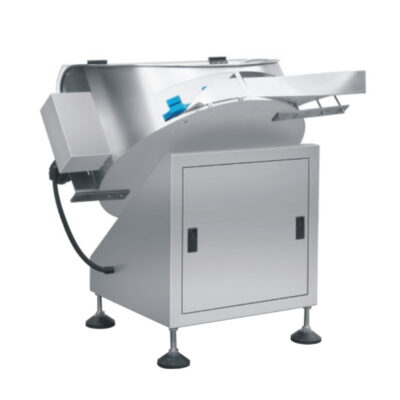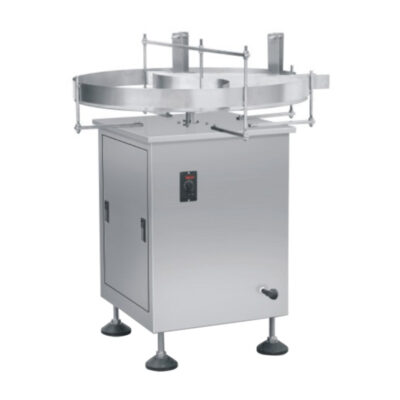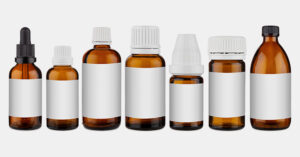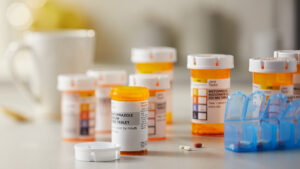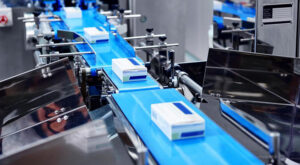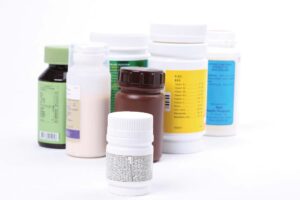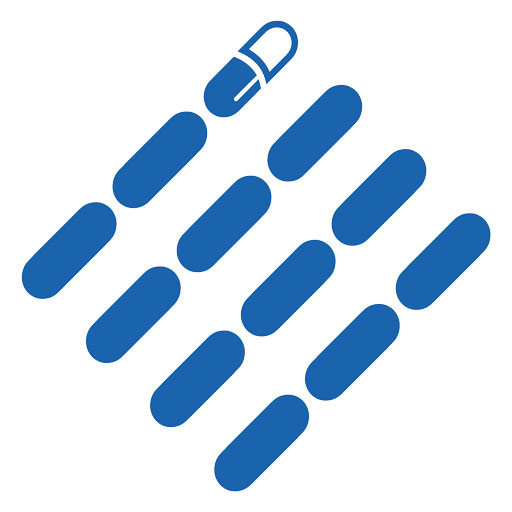7 Importance Of Pharmaceutical Packaging In Different Applications You Must Know
Drugs may be distributed in a variety of primary (innermost, touching the drug) and secondary (outermost, visible to the user) pharmaceutical packaging, depending on the requirements of the drug itself and the intended end-user.
It may be in the liquid, solid, or gas phase, and packaging must accommodate the specific long term storage needs of the drug.
In the past, most drugs were provided in liquid form and dispensed by pharmacists in hospitals, though more recently solid dosage forms that are more appealing to patients have become common place.
In the simplest terms, the packaging of pharmaceutical products refers to properly wrapping and containing pills, liquids, and medication in other forms. This process is important for a wide variety of reasons. Keep reading to find out why.
The simple box your bottle your pills came in might appear insignificant, but it’s specially designed by experts to serve multiple purposes.
Below list are 7 important points that you must know before making the right choice for your pharmaceutical packaging.
1.Containment of Product
Medication is designed to help people by healing their ailment or stopping it from becoming worse. However, we all know that some pills can also harm if they are taken in very high quantities.
That’s because they contain substances and chemicals which can become dangerous if not taken properly.
That’s why if you are a pharmaceutical company ,you need a bottle or a carton to pack your drugs that will also at the same time prevents leakage and spilling.
Actually,apart from that ,these packages will also prevent the active substances in medication from getting into your food or hands when handling the product.
That is ,under proper containment of yourdrugs ,you can also can save lives.
2.Maintains Drug Quality
You must know that every drug don’t always last forever.That is, some of them can expire after a year, two, five or even ten years.
However, an important role in maintaining the quality of the product is through proper packaging.
For example, if you keep some yogurt out of the fridge for a day, it will lose its properties and become rancid. If you keep it in the fridge, it can last for a week or two, maybe even more.
The same story is true for medication.
If properly contained by the packaging and kept in appropriate conditions (in a dark and dry place), it will last much longer.
If the packaging is damaged or broken, the quality of the drug and its effectiveness will be greatly diminished.
3.Contains Important Storing and Dosage Information
As a pharmaceutical exporter,you must know that packaging is also important as it will also act as a informer to make your customer know the ingredients and dosage of your drug.
For example, you may write taking 2 pills a day for 1 month or a broad explanation of the adverse effects caused by this medication on the outside labeling of the bottle of your drugs.
But if the words on the bottle didn’t inform anything ,your patient might never know how to take the drugs or mistake the dosage.
That is ,under worse condition ,that may lead to under or overdosage which can be fatal in some cases.
4.Protecting Against External Damaging Factors
You may find there is a wide variety of external factors which can damage a blister of pills or a bottle of cough syrup.
Some factors are biological, some maybe mechanical.
From the initial manufacture source, drugs are shipped from the factory to pharmacies in trucks. So if they are not properly packed, these drugs can be easily damaged by shocks, vibrations, improper handling, etc.
At the same time, bottles,cartons,blisters whatever drug packages are designed to protect your drugs against other factors such as moisture, insects, pests, rodents, etc.
5.Preventing Children Access
Kids are naturally curious and overreaching.
They feel very comfortable when it comes to grabbing things, putting them in their mouth, and moving on to the next toy.
This will be dangeous in some extent when it comes to your medications and drugs.
Some blisters or bottles containing pills are specially designed to prevent small children from opening them.
This design acts as a secondary protection measure, the primary one being keeping drugs away from kids’ reach.
In this particular case, the packaging of pharmaceutical products can prevent overdosing, accidents, injuries, and even death among children of all ages.
Some of the protective mechanisms employed by companies which manufacture drugs include tear-resistant packaging.
In other words, the packaging cannot be ripped by kids, whether by hands or teeth.
Other mechanisms include turn and push bottles which are much harder to open.
Some pharmaceutical packaging includes overwrappers and locking mechanisms which can only be opened by doing a certain maneuver.
6.Appealing to Target Market
You might be happy to find out that pharmaceutical packaging also plays a vital role when it comes to enticing customers to buy the product.
As someone may buy things through first eyeball catching,so your design with your packaging bottle,cartons will be done with marketing reasons in mind.
For example, some pills packaging might feature the brand colors of the company making the drug. This creates a sense of unity and integrity, making the product easily recognizable.
Another type of packaging might feature pictures of kids or people of elderly age, helping buyers understand right away whom the product is designed for.
If we talk about herbal products, they might contain pictures of certain plants or exotic fruits with medicinal properties.
That is ,to be concluded,pharmaceutical packaging serves both practical and decorative purposes.
7.Passing FDA Rules
Pharmaceutical packaging is not done at random by companies, without being supervised by higher authorities.
However,the FDA is to closely monitors the packaging of your drugs and pills, looking for errors in the design and manufacturing process.
Actually,there maybe several key elements which must be incorporated into the design of pharmaceutical packaging.
For example, the dosage should be clearly visible as well as the product quantity and usage instructions.
The benefits of the drug should also be listed together with the consequences of not taking the drug.
The adverse reactions should also be detailed and included somewhere in the packaging or label.
Conclusion:
As you can see, pharmaceutical packaging is more complex than you probably thought before. This is done to protect the health of the buyer and provide valuable information regarding their safety and well-being.
It is important that you well know about every aspect of pharmaceutical packaging before starting your large scale manufacturing , choose the proper packaging to protect your drug ,at the same time offer the must-know information to your customers.
Bottle Unscrambler Related Products
Bottle Unscrambler Related Posts
Bottle Unscrambler Related Videos
CONTACT US
Tell us your raw material and project budget to get quotations within 24 hours.
WhatsApp Us: +86 181 6426 8586
Want the best price & newest pharmaceutical machinery buying guide,tips and trends sent straightly to your box?Sign up for AIPAK’s monthly newsletter,we’re free for your consultation and Offer you the most suitable solutions!
The Buyer's Guide
- Capsule Filling Buyer's Guide
- Blister Packaging Buyer's Guide
- Tablet Counting Buyer's Guide
- Tube Filling Buyer's Guide
- Cartoning Buyer's Guide
- Gummy Making Buyer's Guide
- CO2 Extraction Buyer's Guide
- Empty Capsules Buyer's Guide
- Suppository Filling Buyer's Guide
- Tablet Coating Buyer's Guide
- Tablet Press Buyer's Guide
- Softgel Encapsulation Buyer's Guide
Most Popular
- 7 Importance Of Pharmaceutical Packaging In Different Applications You Must Know
- 6 Advantages You Must Know About Tablet Counting Machine
- 8 Advantages of Blister Packaging You Must Know
- 6 Critical Applications of Automatic Capsule Filling Machine
- 6 Stations You must Know to Improve the Filling Quality of Automatic Capsule Filling Machine
